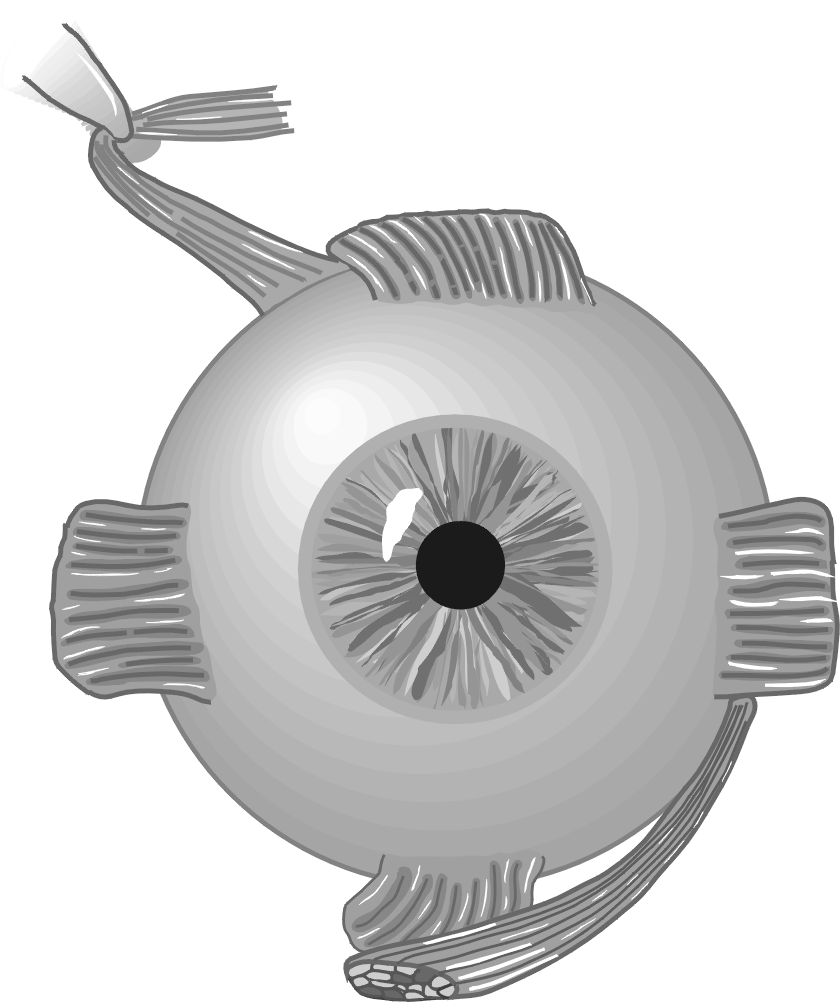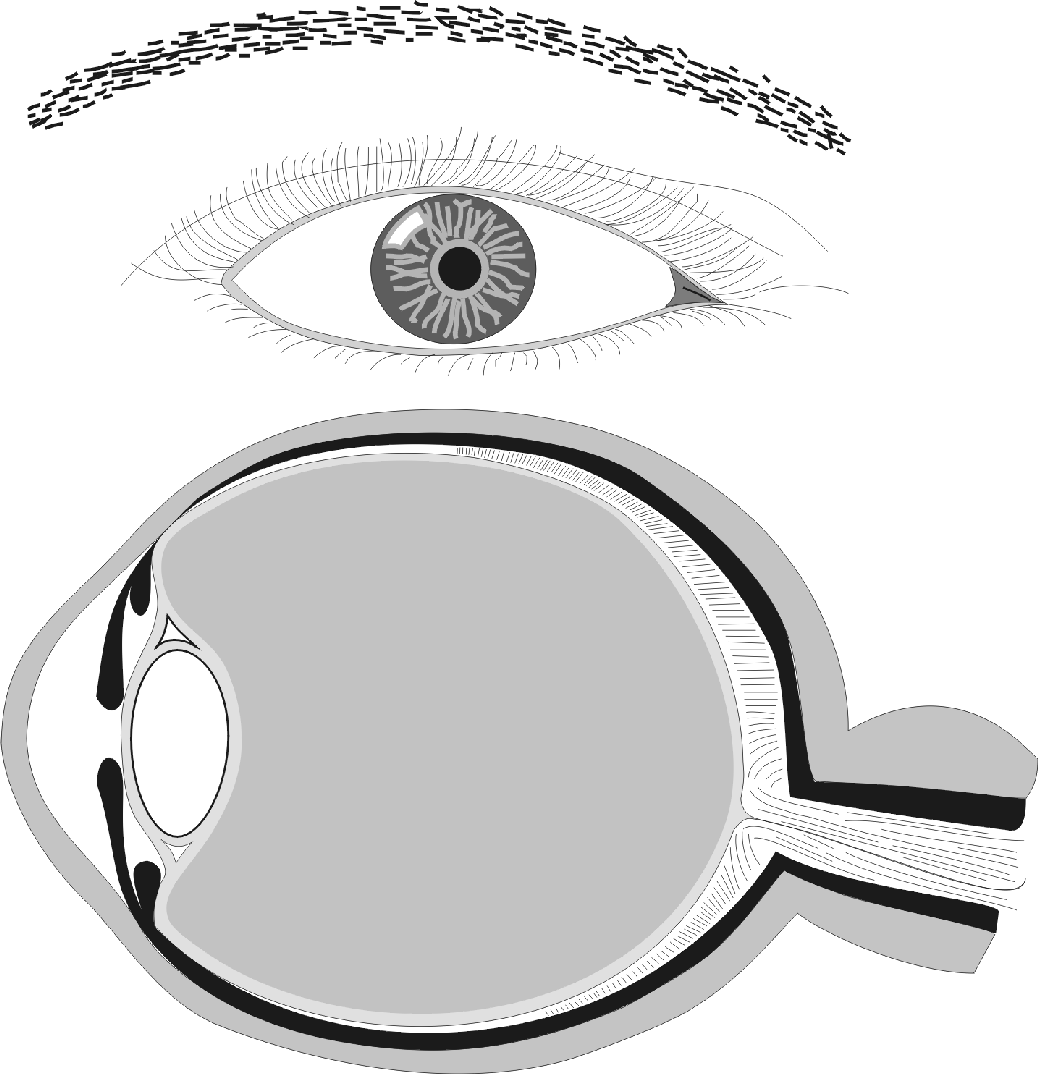Eye Donation
From Darkness To Light
One million blind in our
country can get back their
sight if you help them;
they need corneal transplantation.
pledge your eyes today
donate your dear one’s eyes.
Do not close their eyes,
keep them open even after death. Eye donation is a priceless gift
which only you can give. You can help make this happen. Let eye donation be your family tradition. Donate the eyes of your dearest. Age doesn’t matter.

- People wearing spectacles or people who have previously undergone eye surgery and people with diabetes, hypertension and other systemic disorders like asthma, tuberculosis or heart disease can also donate eyes.
- Exceptions are patients with AIDS, blood cancer, rabies, septicemia, viral hepatitis, etc.
- Anyone with a clear cornea, even if he or she has a damaged retina or optic nerve, can be an eye donor.
- Donate the eyes of your dearest. Eye donation gives sight to two corneally blind persons. Contact the nearest Eye Bank.
- All religions endorse the practice of eye donation.
- Eyes have to be removed within six hours after death; it takes less than thirty minutes to remove the eyes, and the earlier the better. So lose no time in informing the nearest Eye Bank. You could be instrumental in ensuring an eye donation in time. If someone dies in your family or circle of friends, remember to call the nearest Eye Bank. This can be done whether the deceased had or had not pledged his or her eyes.
- While waiting for the Eye Bank team to arrive, please: switch off fans, keep the air conditioner or cooler running and place wet cotton with ice over the closed eyelids. It will help keep the tissue moist. Raise the head with a pillow.
- The Eye Bank personnel with a doctor or trained technician visits the donor’s home. This is done free of cost. A blood sample is collected from the donor for testing.
- The eyes are removed using a sterile procedure. It leaves no scar or disfigurement of the face. Eye donation gives sight to two blind persons as one blind person receives the cornea from one donated eye.
- On reaching the Eye Bank, tissues are examined, processed and used for a corneal transplant operation as early as possible.
- Needy patients are contacted in accordance with the waiting list at the Eye Bank.
- The donated eyes are never bought or sold. A request for an eye donation is always attended to.
- The donor and recipient of the cornea will remain anonymous.
 The cornea is the clear window covering the front of the eye. It transmits and focuses light. Vision is dramatically reduced or lost if the cornea becomes cloudy from infection, injury or any other disease.
The cornea is the clear window covering the front of the eye. It transmits and focuses light. Vision is dramatically reduced or lost if the cornea becomes cloudy from infection, injury or any other disease.
Common causes of corneal blindness are:
- Infections
- Injuries
- Chemical burns
- Malnutrition
- Congenital disorders
- Post-operative complications or infections
Fortunately, in most cases lost sight can be restored through the medical intervention of corneal transplantation from a donated eye.
Which patients benefit from eye donations?- Only patients suffering from corneal blindness
Mostly the transparent part of the eye (cornea) is used. Sometimes the white portion (sclera), conjunctiva and stem cells at the corneal periphery are used.
How can I pledge my eyes?Fill an eye pledge form available at any eye bank and get it signed by a relative.
- The eye bank will give a donor card which you can carry in your pocket.
- Share your wish to donate your eyes with your relations.
- Motivate and convince others to donate eyes in case of any death in your family or neighbourhood.
- If relations agree, inform the nearest Eye Bank to send their team.
- Become a ‘Sight Ambassador’.
- Make yourself a friend of the Eye Donation Movement.
- Spread information about eye donation. Your message will help the movement.
- Motivate the family members of a person who has died in your area to donate their loved one’s eyes.
- Consent to donate the eyes of your close relative or friend.
- Dial the nearest Eye Bank soon after the unfortunate death of your near and dear one.